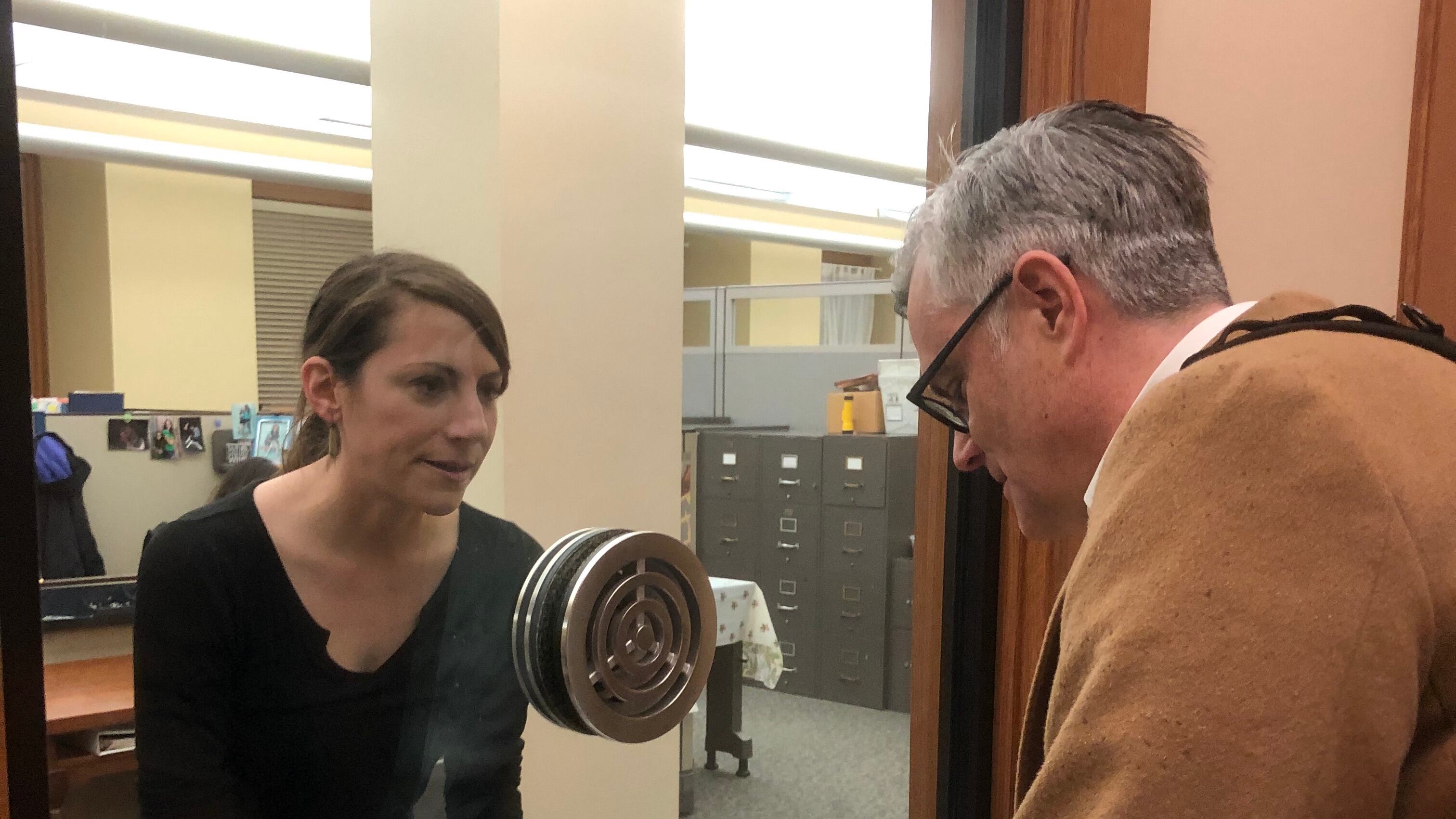Keen-eyed WW readers noticed a possible problem for the challenge that former Mayor Sam Adams announced this week against incumbent Commissioner Chloe Eudaly. Had he been back in town long enough to run?
Adams, who served as mayor from 2009 to 2013, later moved to Washington, D.C. in 2015 to work for a non-profit called the World Resources Institute.
He lost that job in late 2017, shortly after his former City Hall scheduler, Cevero Gonzales, submitted a Nov. 3, 2017 letter to City Council accusing Adams of sexual harassment.
Last July, WW reported that Adams was back in Portland. He told the newspaper then he planned to move back "full time" in August 2019.
This week, Adams filed with the the city elections office. One of the requirements for qualifying for the May 19, 2020 primary ballot is that candidates "have maintained residency within the City's limits since May 19, 2019."
So, did Adams meet that test?
City elections officer Deborah Scroggin says yes.
Scroggin says the city uses the same principal criterion that state elections officials do: where a candidate is registered to vote.
(The state statute defining residency for electoral purposes puts it this way: "The person's residence shall be the place in which habitation is fixed and to which, when the person is absent, the person intends to return.")
Records show Adams retained his Oregon voter registration and voted in local elections while he was working in Washington, D.C. His ballot was mailed to a Washington address but on Aug. 23, 2019, records show, he notified Oregon elections officials he would no longer need his ballot to be forwarded there.
The issue of where a politician resides came up in the 2010 governor's election (Republican nominee Chris Dudley, the former Portland Trail Blazer, had lived in Clark County) and in the 2012 Portland mayor's race (Charlie Hales, who won that race, had also lived in Clark County). Although both of those cases involved taxes rather than whether the candidates were eligible to run, the same supporting indicators of residency applied.
Adams says that, in addition to voting in Oregon elections, he maintained and Oregon drivers license, continued to pay taxes here, retained City Club and gym memberships, visited regularly and "always said I would return."
Scroggin says nobody has challenged Adams' filing, which she feels confident meets city requirements.
"I have spoken with county elections officials and the city attorney's office," Scroggin adds. "They agreed with my determination."

